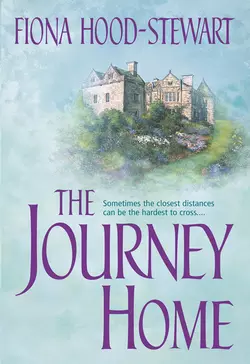The Journey Home

Fiona Hood-Stewart
Тип: электронная книга
Жанр: Современная зарубежная литература
Язык: на английском языке
Стоимость: 152.29 ₽
Статус: В продаже
Издательство: HarperCollins
Дата публикации: 16.04.2024
Отзывы: Пока нет Добавить отзыв
О книге: They met in the wilds of Scotland, as a winter storm approached. Complete strangers, they were uncannily drawn to one another.India Moncrieff, grief stricken over her mother′s sudden death, a woman desperate to hold on to Dunbar House, the majestic family estate. And Jack Buchanan, the American tycoon enchanted by the land, who sees the house as a business opportunity.Business and passion soon unite them. But shocking revelations will alienate the two lovers in their desperate battle over a legacy neither will surrender. Family secrets and a murder spanning 200 years have left too many souls lost and alone. Now it′s up to the heart to illuminate the way home.